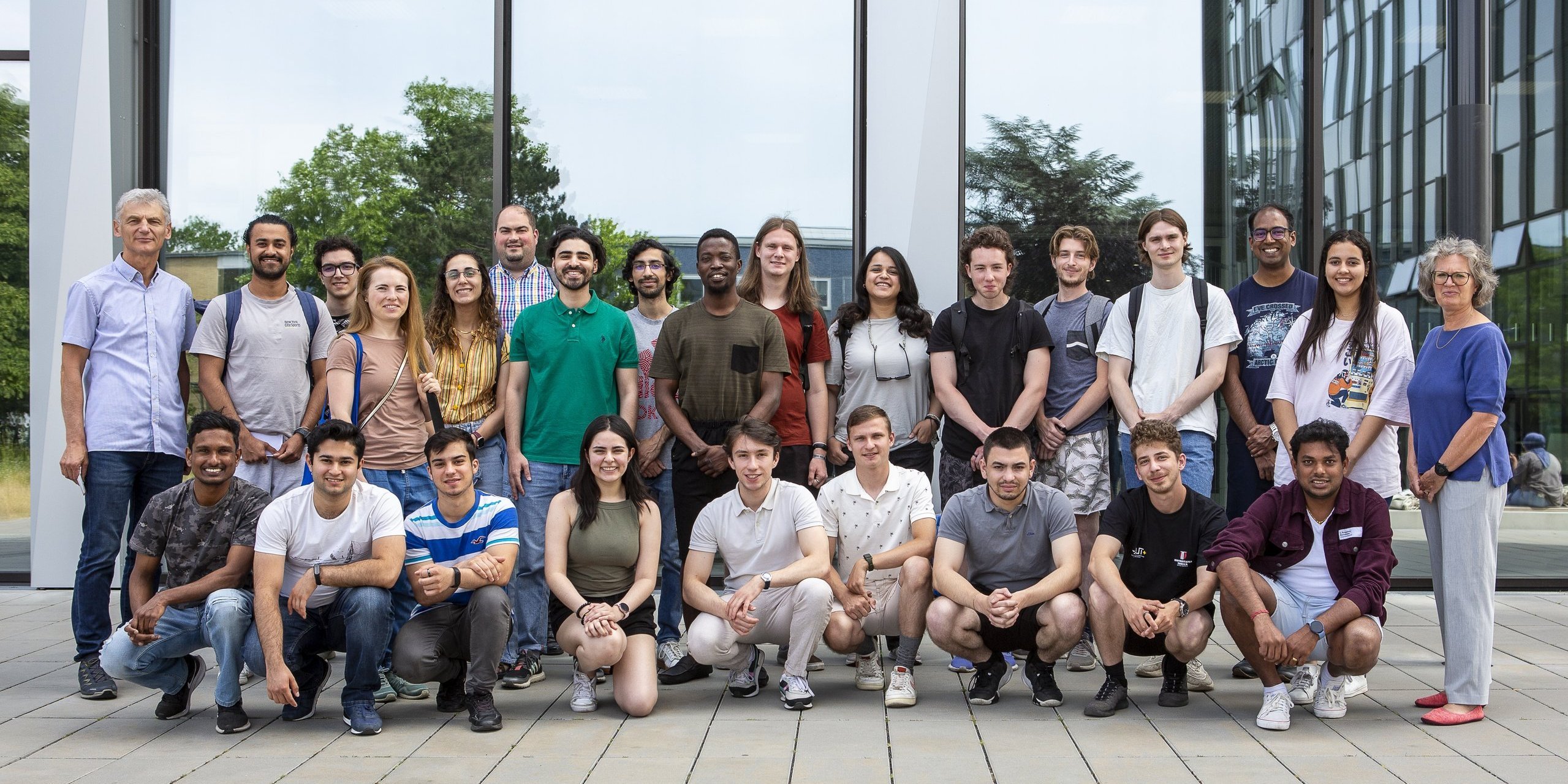
Completed Programmes
"Material Modelling - Testing and Parameter Identification“
Dates: online lecture in March 2023; intensive week in Darmstadt in June 2023
Course content:
In an increasingly digitalised world, products and components are developed more and more virtually. The used materials and their properties influence the behaviour of the components significantly in addition to the geometry of the components and the type of load. This means that the behaviour of the materials must be described in the computer realistically. For that, material models are necessary. These models must be parameterised using suitable tests. The large number of used materials and their different behaviour under different loading during service life are a special challenge. A realistic description of the material behaviour enables a targeted optimisation of the component behaviour with a resource-saving material use.
In the course, the perspectives of virtual product development using modern FEM software and materials engineering are connected. A wide variety of materials are considered, tested and modelled using programming language Python, where no prerequisites are necessary.
All participants work on their own project on a material with literature research, experiment, model selection and parameter identification. Programming skills learnt in the course will be used.
Module description
Language of instruction: English
Type of exmination: online test, homework, technical report, presentation
Credits: 5 ECTS
"Sustainable Supply Chain Management & Logistics“
Dates: online course in March 2024, intensive week in Darmstadt in July 2024
Course content:
In an increasingly digitalised world, products and components are developed more and more virtually. The used materials and their properties influence the behaviour of the components significantly in addition to the geometry of the components and the type of load. This means that the behaviour of the materials must be described in the computer realistically. For that, material models are necessary. These models must be parameterised using suitable tests. The large number of used materials and their different behaviour under different loading during service life are a special challenge. A realistic description of the material behaviour enables a targeted optimisation of the component behaviour with a resource-saving material use.
In the course, the perspectives of virtual product development using modern FEM software and materials engineering are connected. A wide variety of materials are considered, tested and modelled using programming language Python, where no prerequisites are necessary.
All participants work on their own project on a material with literature research, experiment, model selection and parameter identification. Programming skills learnt in the course will be used.
- Examination:
- Group presentation of a project assignment and answering questions related to the project work (80%)
- Written exam on the topic of sustainability in supply chain management (20%)
- Language: Englisch
- 4 ECTS
Contact
Katharina Niederhacke
Erasmus+ mobilities (short-term & non-European)
+49.6151.533-60661
erasmus-bip@h-da.de
erasmus-global@h-da.de
Office: C23, 02.11

